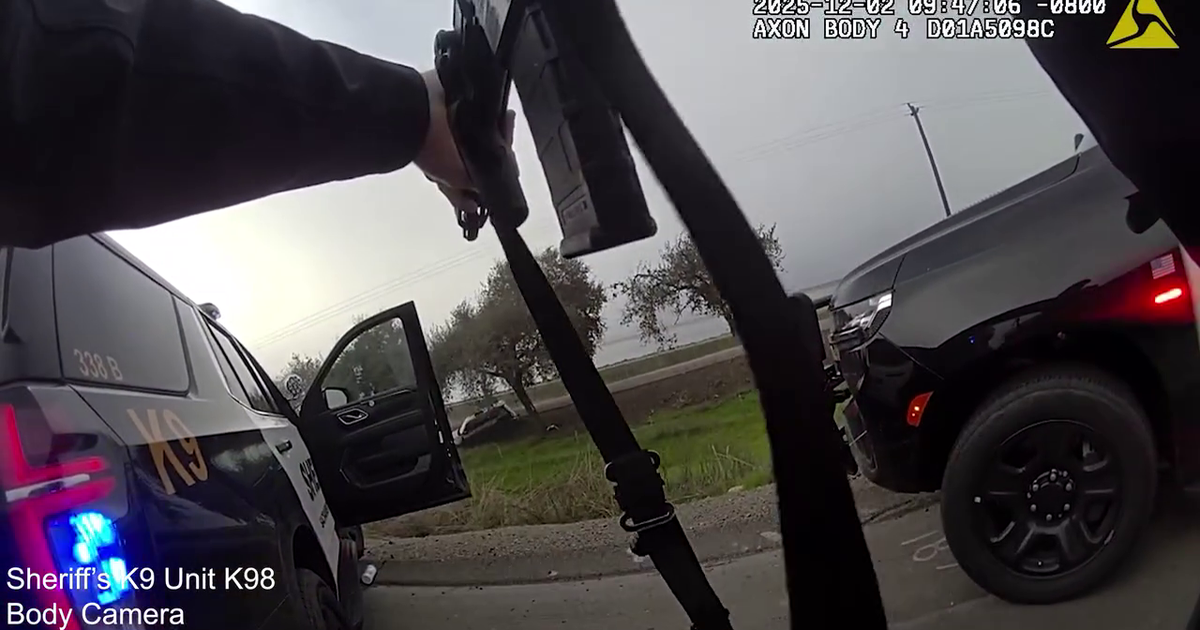Court Upholds California Governor's Power To Allow Indian Casinos
SAN FRANCISCO (AP) -- California's governor has the authority to allow casinos on Native American land and did not illegally take that power from the state Legislature, a state appeals court ruled Thursday.
The ruling by the Sacramento-based 3rd District Court of Appeal rejected a lawsuit by a Native American tribe, the United Auburn Indian Community of the Auburn Rancheria, that would have reversed the approval of another tribe's casino near United Auburn's Thunder Valley Casino Resort. Thunder Valley is about 30 miles outside Sacramento.
The casino by the Enterprise Rancheria of Maidu Indians would be about 20 miles away from Thunder Valley, according to the appeals court. The tribe broke ground on it in April.
Under the 1988 Indian Gaming Regulatory Act, tribes can build casinos on reservations that existed before Oct. 17, 1988, but not on lands set aside for tribes by the federal government after that date.
The law allows the Secretary of Interior to make an exception in cases where the acquisition is in the tribe's best interest and does not hurt the surrounding community.
The governor needs to concur with that decision for a casino project to move forward.
United Auburn argued that the power to concur belonged to the Legislature, which had not delegated it to the governor. The governor's decision to concur with the federal government's assessment of the Enterprise Rancheria casino was therefore invalid, United Auburn said.
A spokesman for United Auburn, Doug Elmets, said the tribe had not had a chance to review the decision.
A three-judge panel of the 3rd District Court of Appeal said the power to concur had the "characteristics of an executive, rather than a legislative act" and did not therefore depend on the delegation of power by the Legislature.
© Copyright 2016 The Associated Press. All Rights Reserved. This material may not be published, broadcast, rewritten or redistributed







